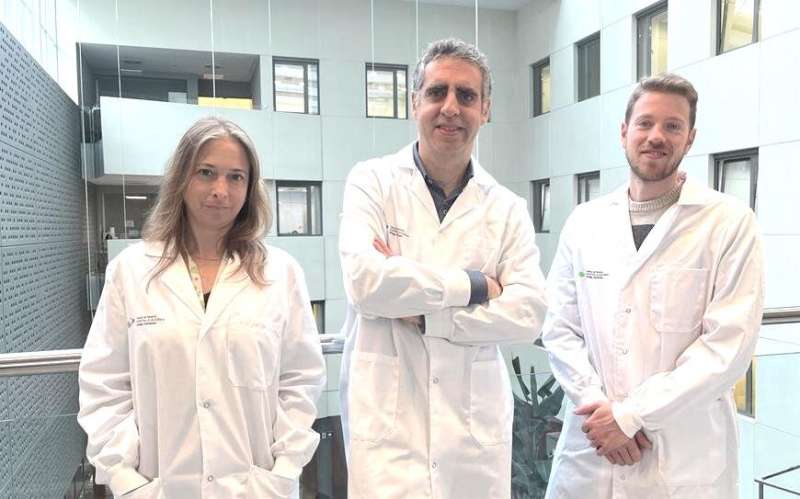Predicting response to adoptive cell therapies in cancer

Immunotherapy has changed the way oncology patients are treated. Immunotherapy approaches, including the use of immunomodulatory agents to enhance anti-cancer responses and the recent development of adoptive cell therapies have improved patients' survival rates and reduced the risk of recurrence for many cancer types.
However, many patients do not respond to treatment, relapse and/or develop resistance or life-threatening therapy-associated toxicities. While for pharmacological compounds in immunotherapy a set of biomarkers anticipating the patient's response have been proposed, there is an unmet medical need for these in cellular immunotherapies such as T cells expressing chimeric antigen receptor (CAR-T), engineered T cells receptor (TCR) and tumor infiltrating leucocytes (TIL).
Researcher Dr. Manel Esteller, Director of the Josep Carreras Leukaemia Research Institute, ICREA Research Professor and Chairman of Genetics at the University of Barcelona, and his team provides this week in the Journal of the National Cancer Institute (JNCI) a perspective of our current knowledge in this area and where the field is heading, with the goal of improving the clinical benefit in patients treated with these new emerging approaches.
More information: Gerardo Ferrer et al, Biological and Molecular Factors Predicting Response to Adoptive Cell Therapies in Cancer, JNCI: Journal of the National Cancer Institute (2022). DOI: 10.1093/jnci/djac088



















